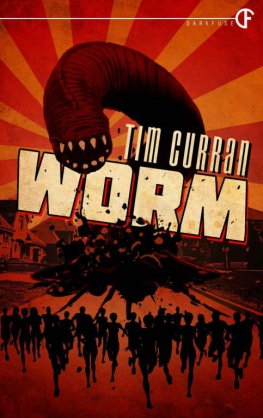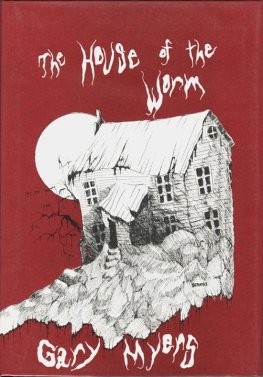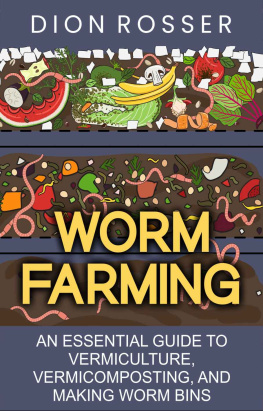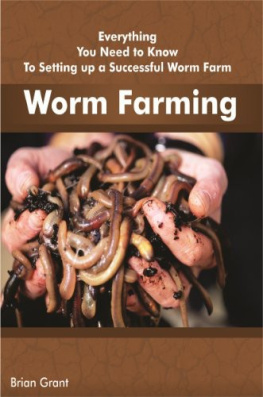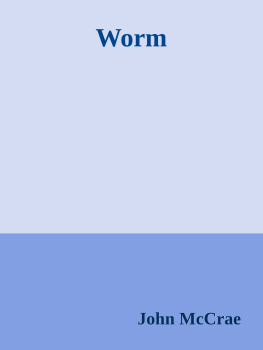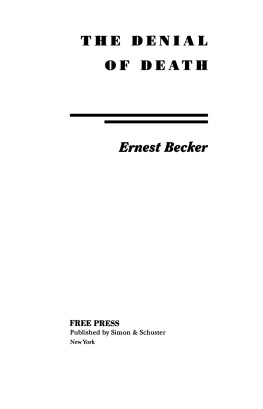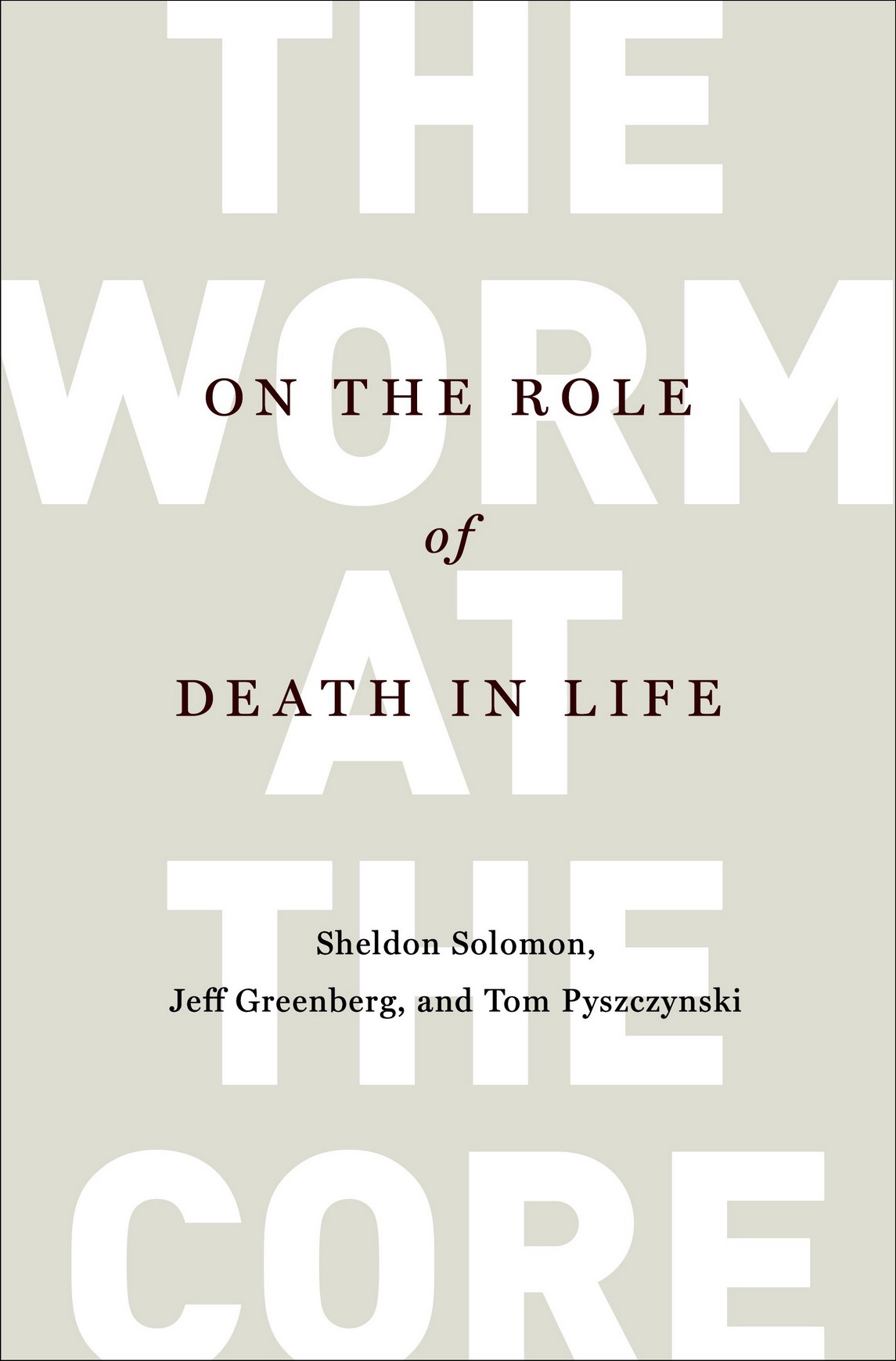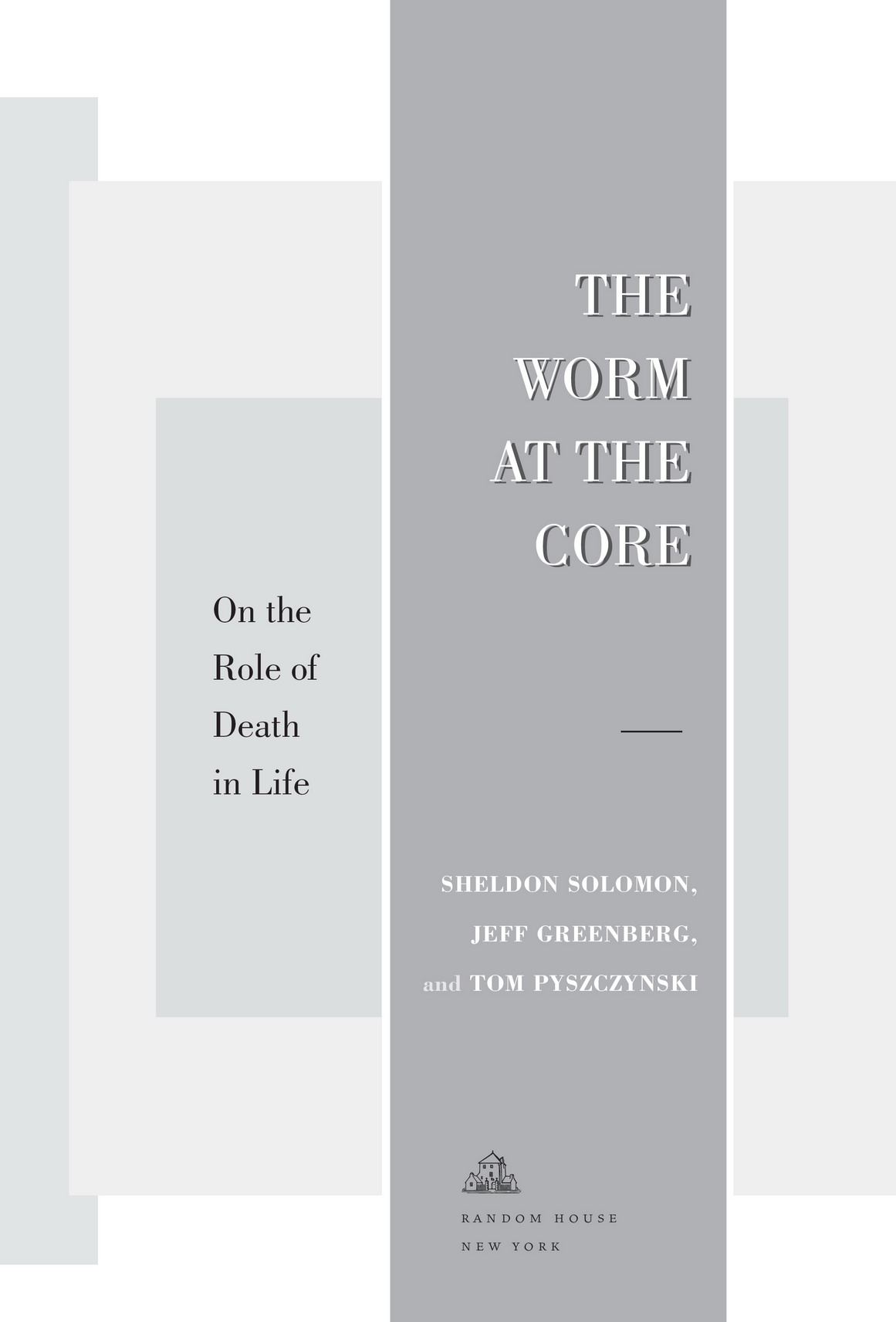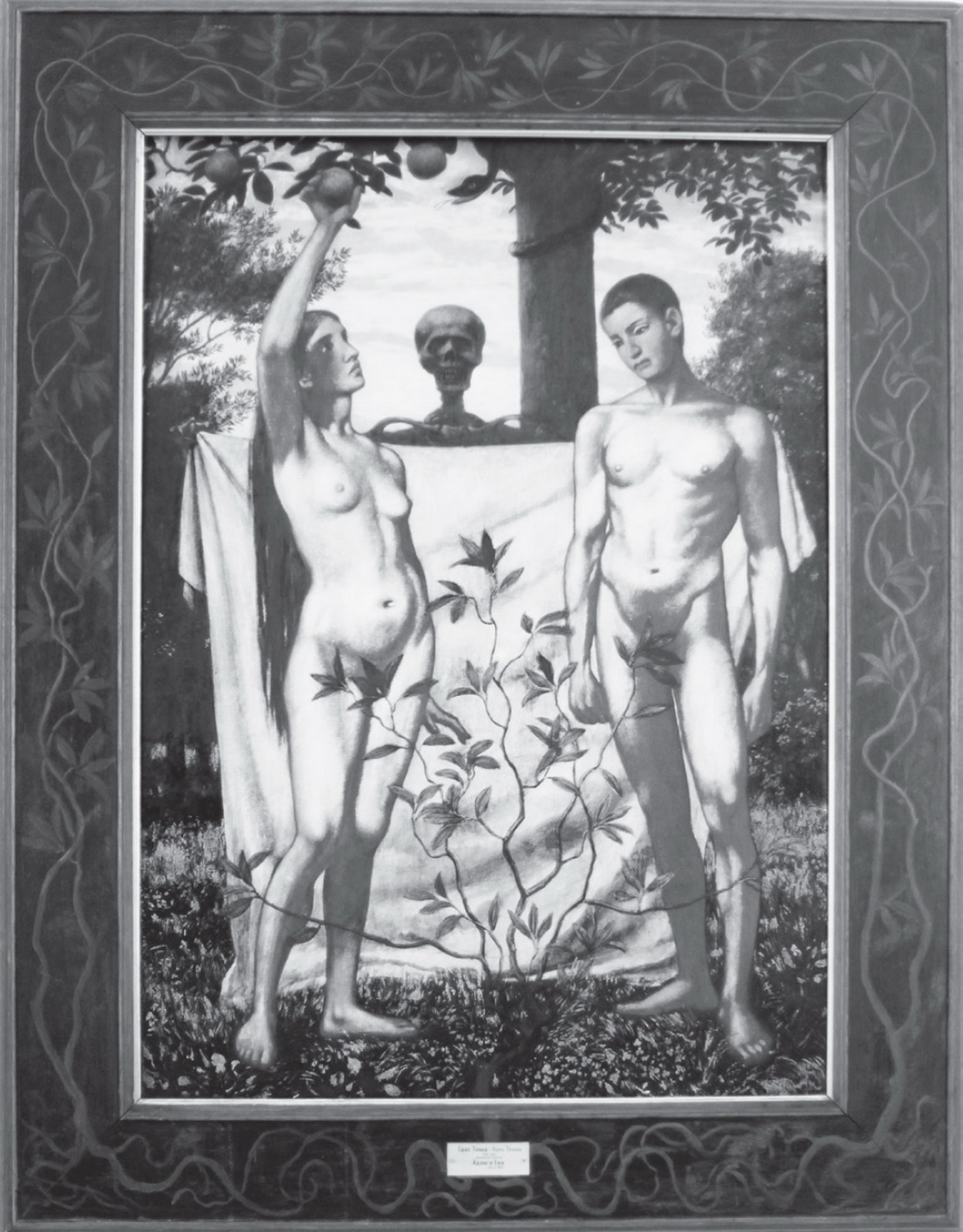Sheldon Solomon - The Worm at the Core: On the Role of Death in Life
Here you can read online Sheldon Solomon - The Worm at the Core: On the Role of Death in Life full text of the book (entire story) in english for free. Download pdf and epub, get meaning, cover and reviews about this ebook. year: 2015, publisher: Random House, genre: Religion. Description of the work, (preface) as well as reviews are available. Best literature library LitArk.com created for fans of good reading and offers a wide selection of genres:
Romance novel
Science fiction
Adventure
Detective
Science
History
Home and family
Prose
Art
Politics
Computer
Non-fiction
Religion
Business
Children
Humor
Choose a favorite category and find really read worthwhile books. Enjoy immersion in the world of imagination, feel the emotions of the characters or learn something new for yourself, make an fascinating discovery.

- Book:The Worm at the Core: On the Role of Death in Life
- Author:
- Publisher:Random House
- Genre:
- Year:2015
- Rating:5 / 5
- Favourites:Add to favourites
- Your mark:
The Worm at the Core: On the Role of Death in Life: summary, description and annotation
We offer to read an annotation, description, summary or preface (depends on what the author of the book "The Worm at the Core: On the Role of Death in Life" wrote himself). If you haven't found the necessary information about the book — write in the comments, we will try to find it.
More than one hundred years ago, the American philosopher William James dubbed the knowledge that we must die the worm at the core of the human condition. In 1974, cultural anthropologist Ernest Becker won the Pulitzer Prize for his book The Denial of Death, arguing that the terror of death has a pervasive effect on human affairs. Now authors Sheldon Solomon, Jeff Greenberg, and Tom Pyszczynski clarify with wide-ranging evidence the many ways the worm at the core guides our thoughts and actions, from the great art we create to the devastating wars we wage.
The Worm at the Core is the product of twenty-five years of in-depth research. Drawing from innovative experiments conducted around the globe, Solomon, Greenberg, and Pyszczynski show conclusively that the fear of death and the desire to transcend it inspire us to buy expensive cars, crave fame, put our health at risk, and disguise our animal nature. The fear of death can also prompt judges to dole out harsher punishments, make children react negatively to people different from themselves, and inflame intolerance and violence.
But the worm at the core need not consume us. Emerging from their research is a unique and compelling approach to these deeply existential issues: terror management theory. TMT proposes that human culture infuses our lives with order, stability, significance, and purpose, and these anchors enable us to function moment to moment without becoming overwhelmed by the knowledge of our ultimate fate. The authors immerse us in a new way of understanding human evolution, child development, history, religion, art, science, mental health, war, and politics in the twenty-first century. In so doing, they also reveal how we can better come to terms with death and learn to lead lives of courage, creativity, and compassion.
Written in an accessible, jargon-free style, The Worm at the Core offers a compelling new paradigm for understanding the choices we make in lifeand a pathway toward divesting ourselves of the cultural and personal illusions that keep us from accepting the end that awaits us all.
Praise for The Worm at the Core
The idea that nearly all human individual and cultural activity is a response to death sounds far-fetched. But the evidence the authors present is compelling and does a great deal to address many otherwise intractable mysteries of human behaviour. This is an important, superbly readable and potentially life-changing book.The Guardian (U.K.)
A neat fusion of ideas borrowed from sociology, anthropology, existential philosophy and psychoanalysis.The Herald (U.K.)
Deep, important, and beautifully written, The Worm at the Core describes a brilliant and utterly original program of scientific research on a force so powerful that it drives our lives.Daniel Gilbert, Edgar Pierce Professor of Psychology, Harvard University, and author of Stumbling on Happiness
As psychology becomes increasingly trivial, devolving into the promotion of positive-thinking platitudes, The Worm at the Core bucks the trend. The authors presentand provide robust evidence fora psychological thesis with disturbing personal as well as political implications.John Horgan, author of The End of War and director of the Center for Science Writings, Stevens Institute of Technology
Sheldon Solomon: author's other books
Who wrote The Worm at the Core: On the Role of Death in Life? Find out the surname, the name of the author of the book and a list of all author's works by series.

